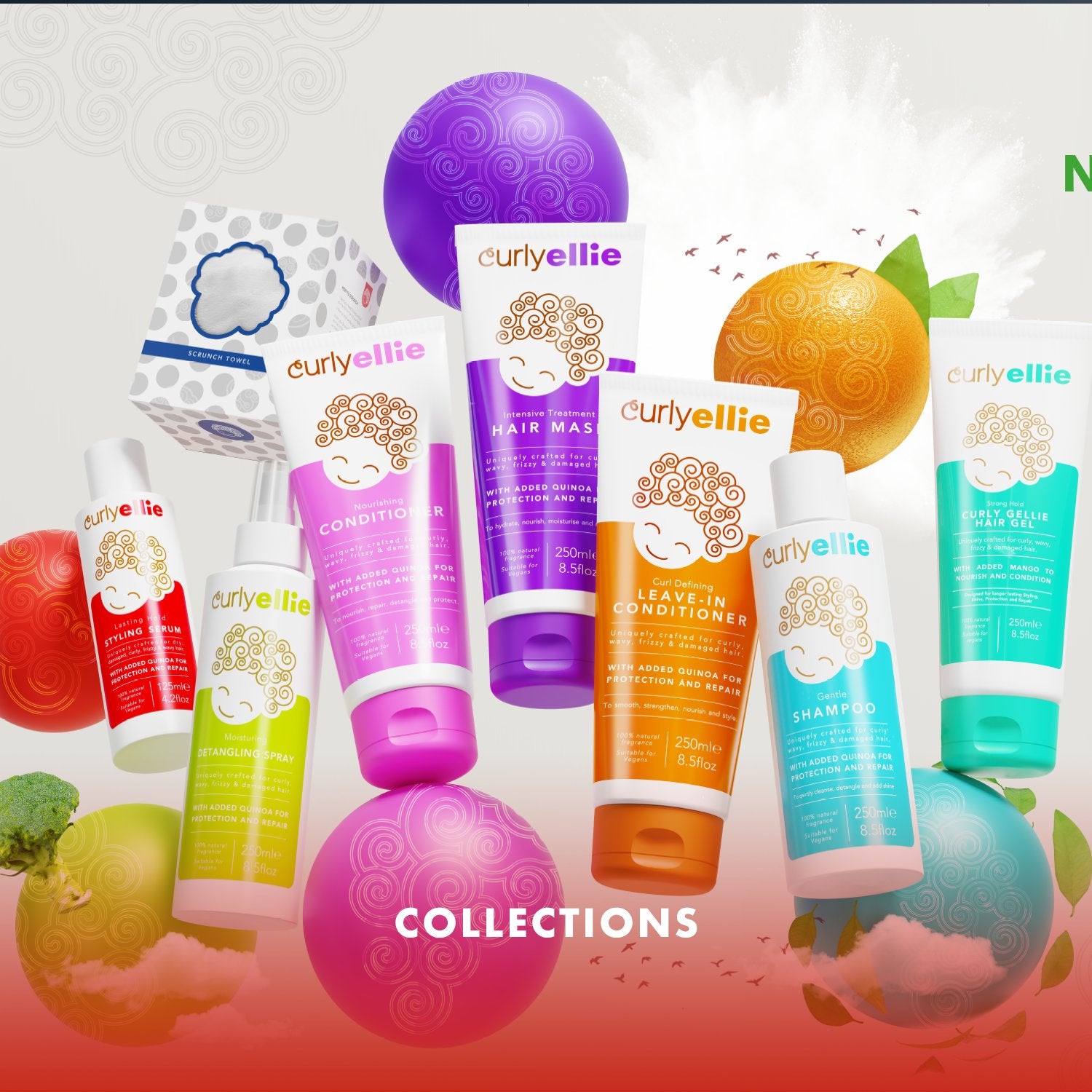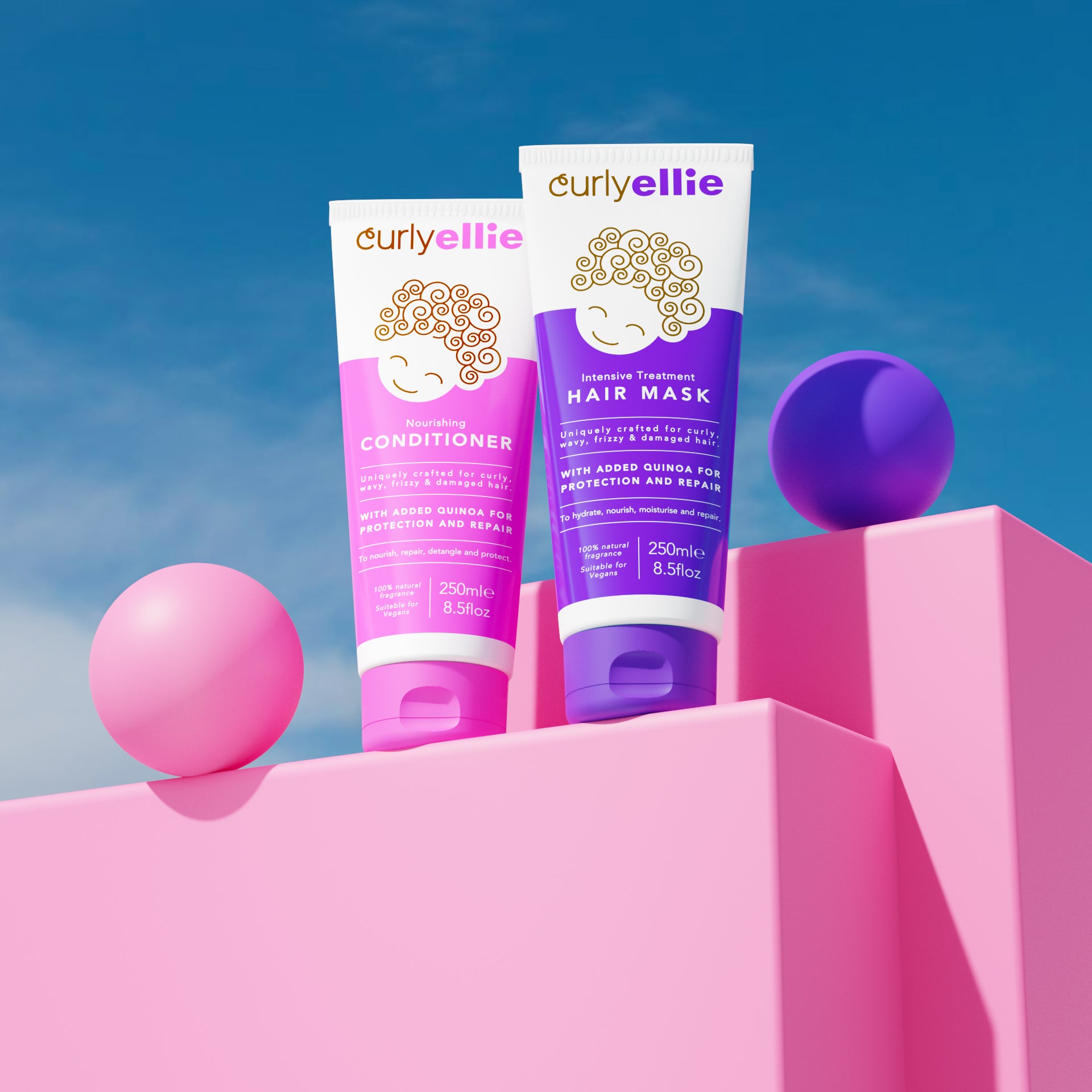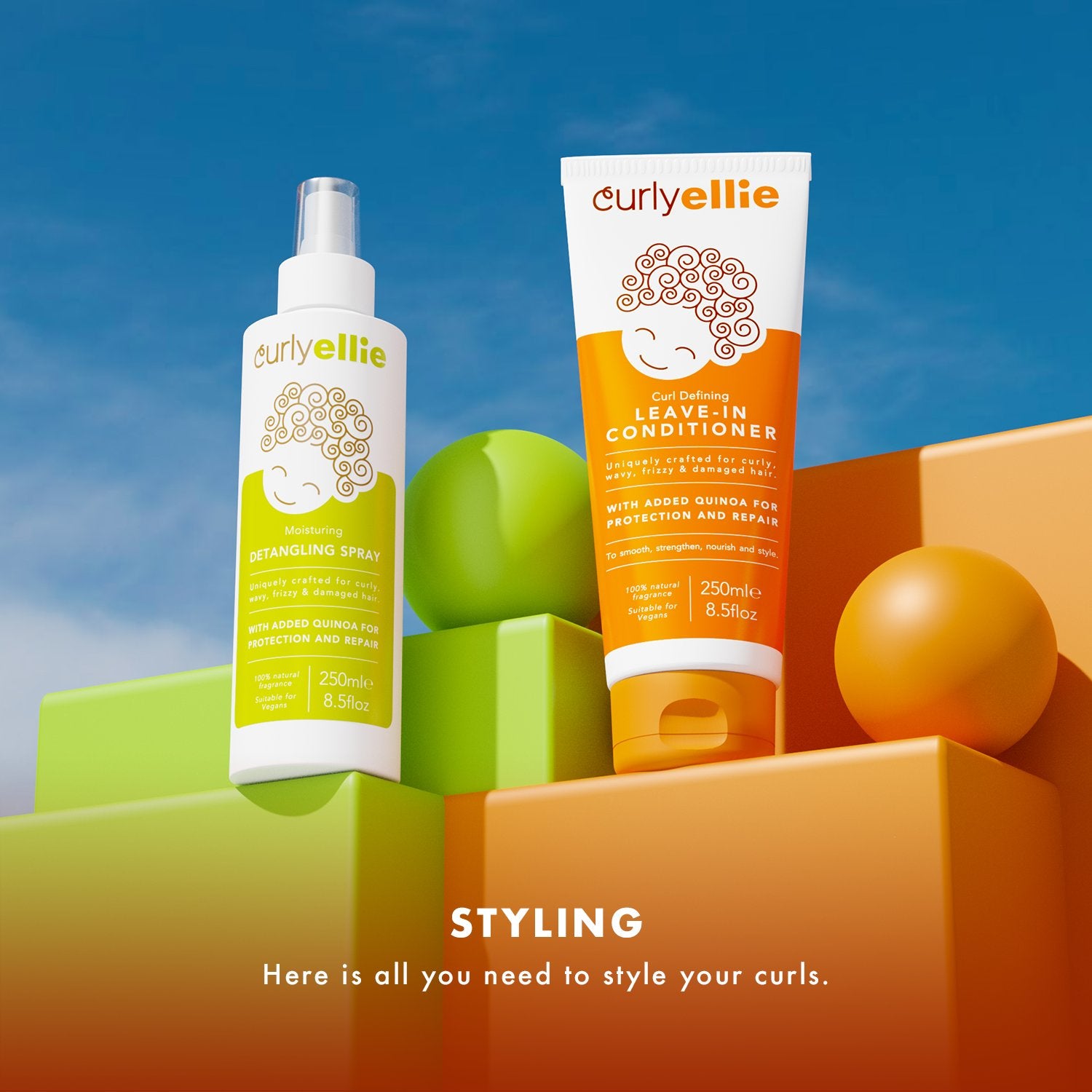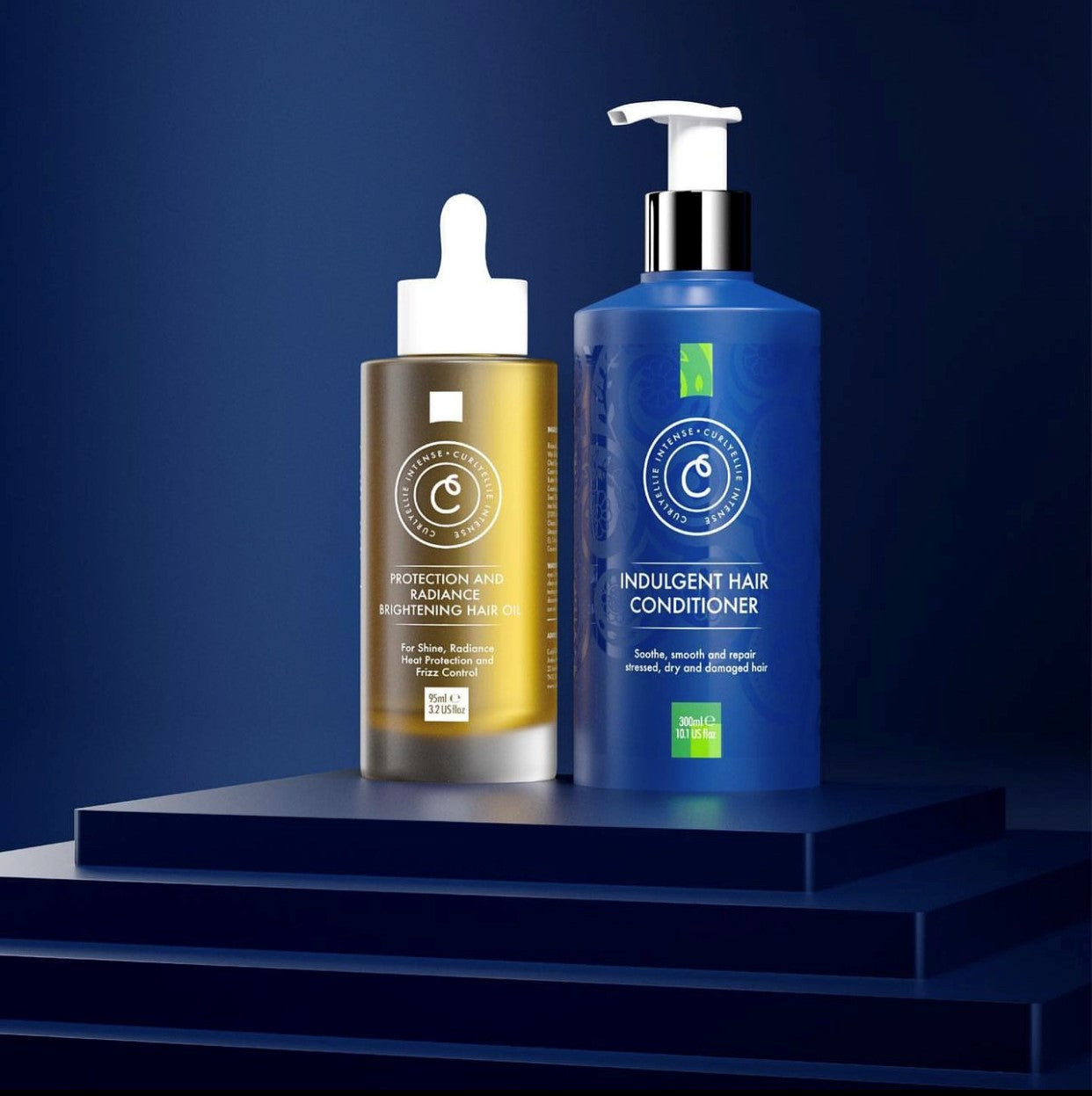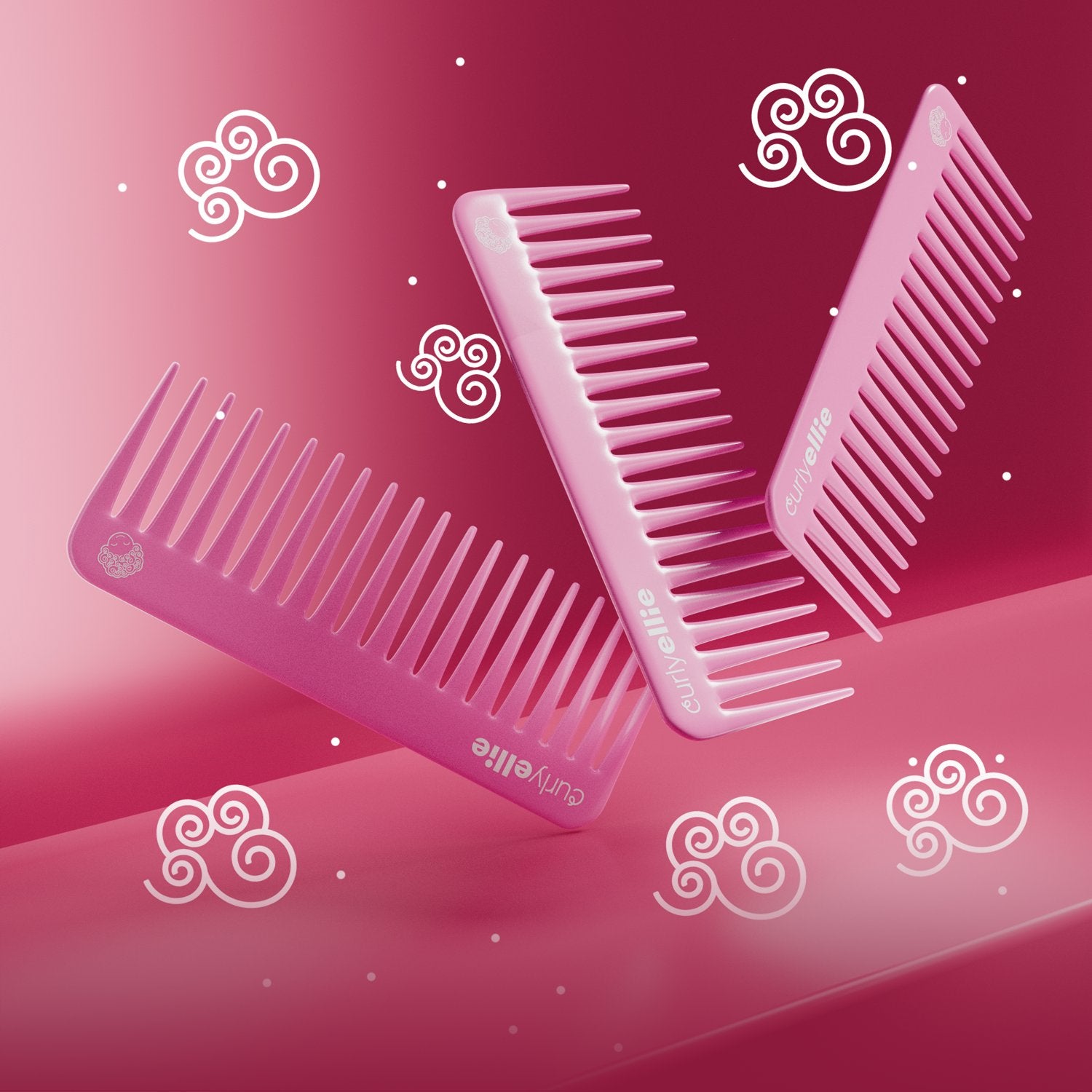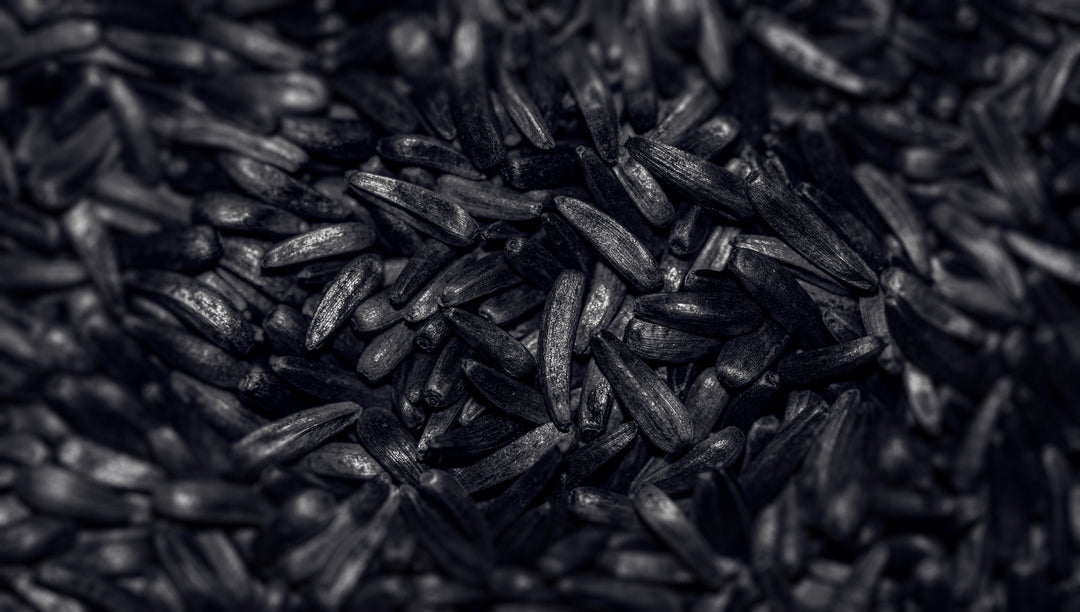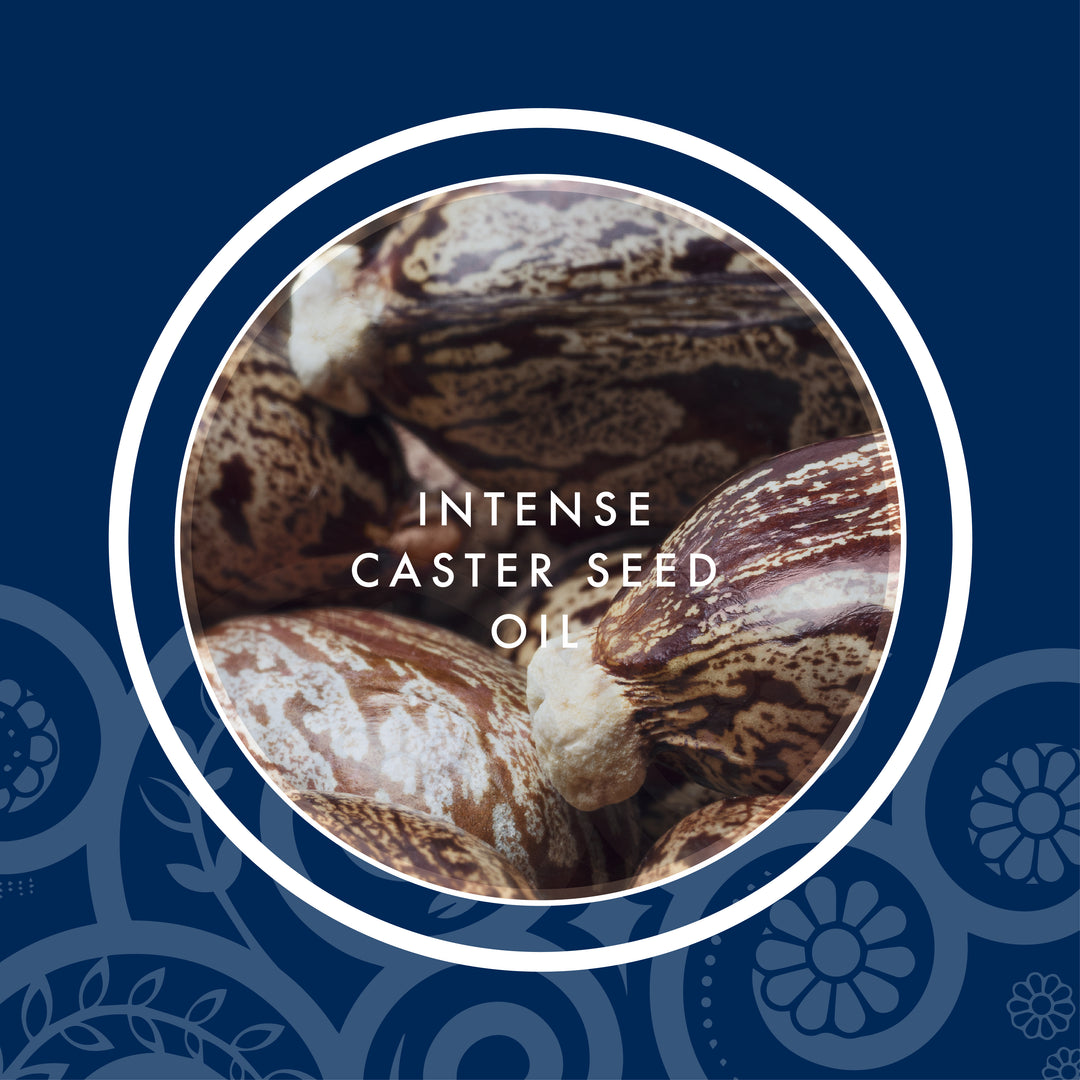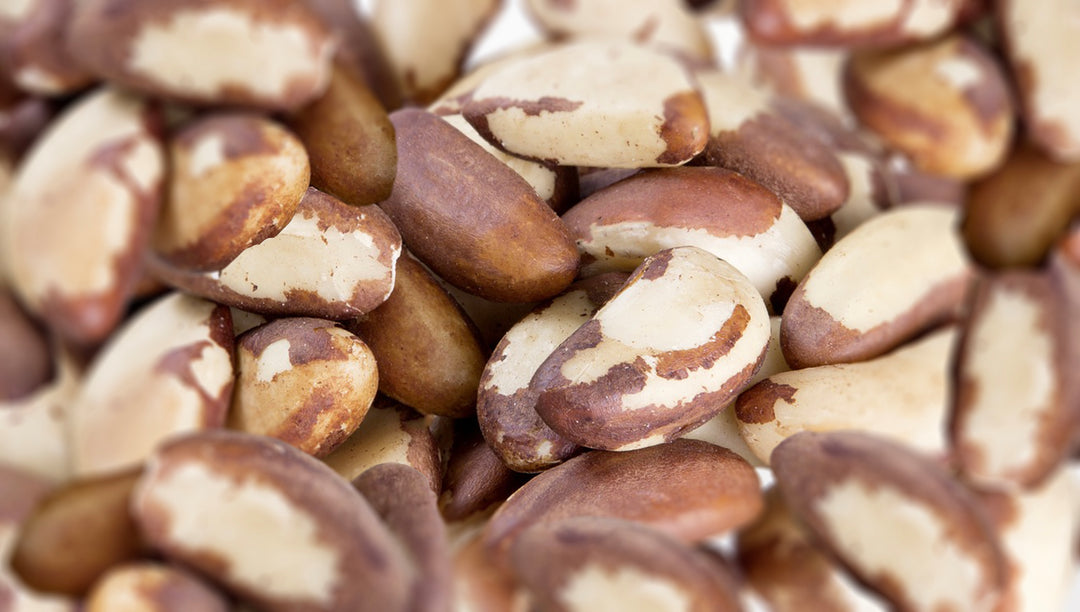Why I Chose To Use To Use Paraben Free Products
I always read the headlines - Sulphate free, Paraben free, SLS free, but what does its actually mean ? Should I really be avoiding these chemicals ? A friend of mine, a recent 'natural' product convert, asked me this question and I realised that for many of us, we know the buzz word and the headlines but do not always know the detail or reasons.
Here are my views and I hope it helps next time you pickup your toothpaste, deodorant, moisturiser or hair products.
I also found a great article from the Journal of Toxicological Sciences - Vol 41, No 4, 551 - 560, 2016 that gives a really good scientific analysis on the use of Parabens in cosmetic products.
About Parabens
Parabens are a class of preservative chemicals. They are a group of synthetic compounds commonly used as preservatives in a wide range of health, beauty and personal care products.
Why doesn't CurlyEllie use Parabens? Here are our top 4 reasons.
1. Parabens easily penetrate the skin and are suspected of interfering with hormone function (endocrine disruption).“Of greatest concern is that parabens are known to disrupt hormone function, an effect that is linked to increased risk of breast cancer and reproductive toxicity,” reports the non-profit Campaign for Safe Cosmetics (CSC).
2. Parabens in high concentration mimic oestrogen by binding to oestrogen receptors on cells. As estrogen is directly involved in development of cancer, parabens can also be carcinogenic (Byford et al., 2002; Dabre et al., 2004; Harvey & Everett, 2006)
3. Parabens in cosmetics have harmful effect on human skin in sunlight - accelerating skin ageing and increasing the risk of skin cancers.
Recent studies have shown that methylparaben, in the presence of sunlight, results in the production of molecules known to be associated with oxidative stress, resulting in damage to DNA and potentially accelerating skin ageing (Ishiwatari et al., 2007, Osamu Handa et al, 2006, Yoshinori Okamoto, 2008). T
4. It was recently shown that some forms of paraben, when at peak blood levels had oestrogenic activity equivalent or greater to the endogenous levels of oestrogen found in pre-adolescent children. This means that parabens would significantly add to the oestrogenic load in children, with potential effects on reproductive organs (Boberg et al, 2009) - Reproductive toxicity (Oishi et al., 2001)
Surely, if there is a suspected link to cancer, why are Parabens still being used in commonly sold products ?
- Parabens are introduced to products to increase their shelf life.
- They’re added to deodorants, toothpastes, shampoos, conditioners, body lotions and makeup, among other products, to stop the growth of fungus, bacteria and other potentially damaging microbes.
- There is ongoing debate on the potential harmfulness of Parabens. With regard to their general toxicological profile, acute, subacute and chronic toxicity studies in rats, dogs and mice showed parabens to be practically non-toxic, not carcinogenic, not genotoxic or co-carcinogenic, and not teratogenic (SCF 1994).
- Nevertheless, in 2004 a possible link between the use of underarm cosmetics and breast cancer was claimed in a number of scientific publications. After thorough study of the available knowledge, the Scientific Committee on Consumer Safety (SCCP) concluded that there was insufficient data to establish a link between the use of underarm cosmetics and breast cancer (SCCP/0874/05).
Identifying Parabens in your shopping bags
Read the label very carefully - The most common types usually appear as methylparaben, ethylparaben, propylparaben, butylparaben and isobutylparaben. Others generally have “paraben” in their names (e.g., isobutylparaben).
If you see any of these on the label, the product contains parabens.
